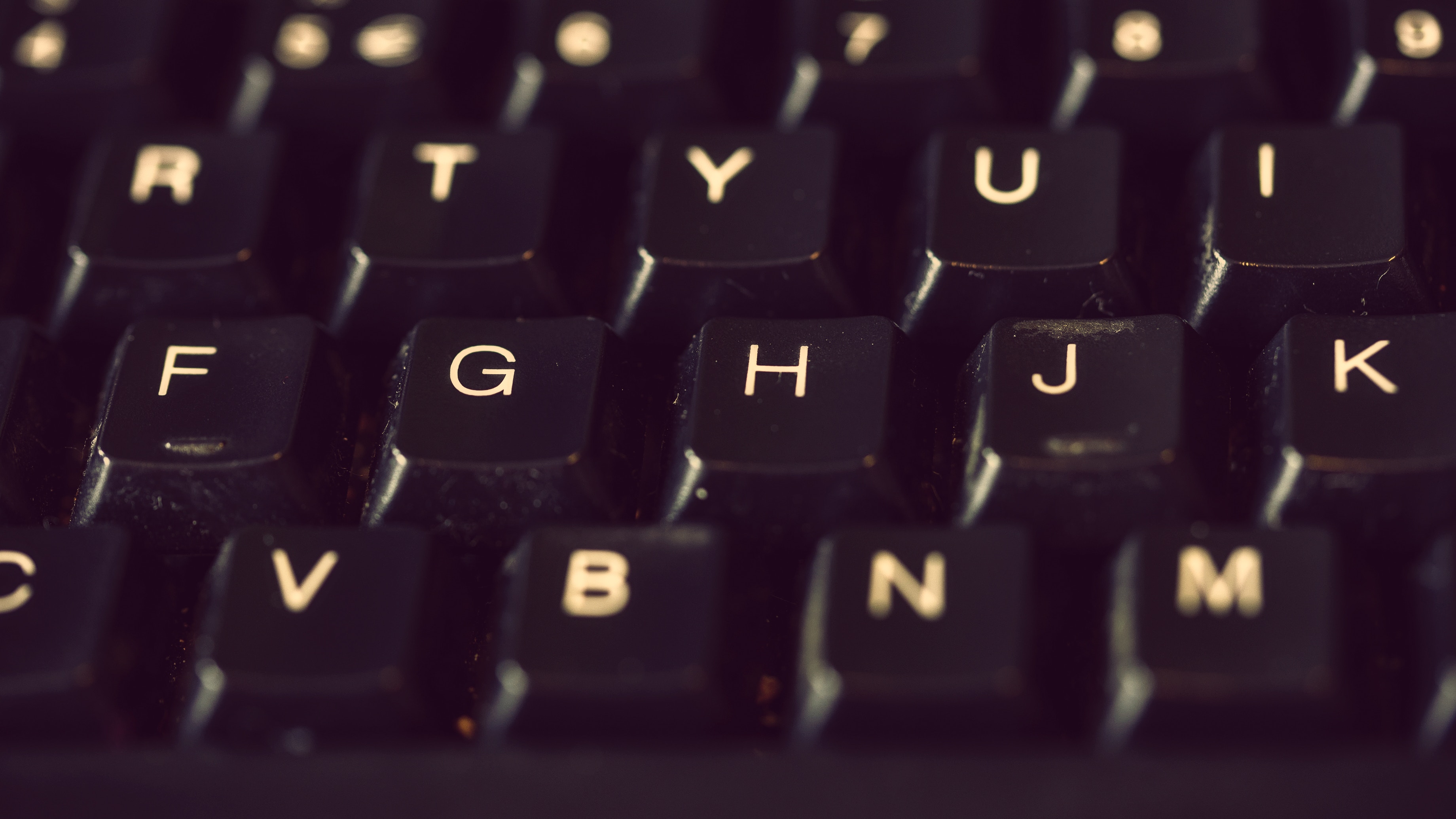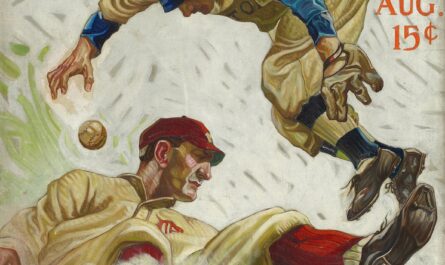I can recall a single instance of boyish brazenness in her presence. It was short-lived, however. Nicholas had walked into the library tossing a football to himself when he caught her eye. His eyes in turn widened, he quickly collected the ball, and silently backed out of the door he had entered.
Yes, our school librarian possessed a “no-nonsense near the books” quality which I admired. Not the least because she ensured the library was a perpetually calm and quiet environment. The true magic of Ms. Nichols was that she always had an interesting book to suggest on just about any topic you could come up with. For example, on one visit, she was sifting through titles to discard. I had, inexplicably, developed an interest in the history of whaling in the Arctic Sea and mentioned this to her. On my next visit to the library, she had set aside six discarded titles on the subject for me, most of which are still on my childhood bookshelves! In fact, my interest in maritime adventures continues to this day, with my current study being the British excursion to Antarctica!

Photo by Aleksi Tappura on Unsplash
Ms. Nichols was only at my school for two years, but she left an impact on me. We had many conversations about Native Americans, horses, and other common facets of life in west Texas. I can see now she was a fellow life-long learner, constantly stumbling on new and interesting subjects to explore. I think this was a bit of a kindred spirit between us.
It occurs to me that I cannot recall any other school librarians from my time in grade school, through no faults of theirs, I’m sure. Rather, it is a testament to the power of excellent librarians (and teachers) that just a handful of interactions can stay with a student well into adulthood. An effective school librarian aims to foster a love of learning in her students, a quality from which I’ve benefited greatly.

Photo by Nick Fewings on Unsplash
Today is National School Librarian Day, with National Library Week kicking off on Sunday and National Library Day on Tuesday, April 9. The public library is increasingly critical to the development of their surrounding communities. In one Pew Research Center study, over 90 percent of respondents (age 16 and older) said that the closing of their local public library would have an impact on their community. Two-thirds of those responded that the closing would have a personal impact on then. Libraries provide access to the internet for many on low or fixed incomes, as well as providing instruction and access to materials for adult literacy. In a separate poll, the Pew Research Center found that more than a quarter (26 percent) of those over age 16 used the computer or wifi internet connection at their local libraries.
I’ve always found it interesting, in a silly, romantic way, that librarians, guardians of a thousand worlds, were required to hold a master’s degree in library science. The responsibility for the sheer amount of information therein could not be trusted to just anyone! Knights of chivalry protecting the treasury springs to mind. (I told you it was a silly thought!) Only those who have demonstrated the love and sacrifice befitting one who could be called a “keeper of books.”
A particular challenge of our modern world putting additional pressure on school librarians is information literacy. This refers to the ability not only to read and understand language, but to evaluate the claims, trustworthiness, and accuracy of the statements and the source of those statements. As librarian Laura Lee Calverley writes, “modern day information literacy instruction will also teach students the how to evaluate the merit, timeliness and sources of that electronic information.”

Photo by Marten Bjork on Unsplash
We have seen the need for this information hygiene illustrated by the fake news epidemic surrounding the 2016 presidential election, but also in more subtle, on-going ways. We need look no further than the click-bait titles supplied by questionable websites and sensational claims made by reputable media companies. We find ourselves in a frenzied moment where there is such a rush to post news, that very little fact-checking occurs. Thus, the need for reasonable, and reliable methods of verifying information and the increased load on librarians.
Librarians are unsung heroes in our communities. They help provide vital information and critical services to our communities. They are bastions for literacy and learning for all citizens. Heading farther into the technological age, their roles will be even more necessary to the goal of producing a literate, well-educated population.




